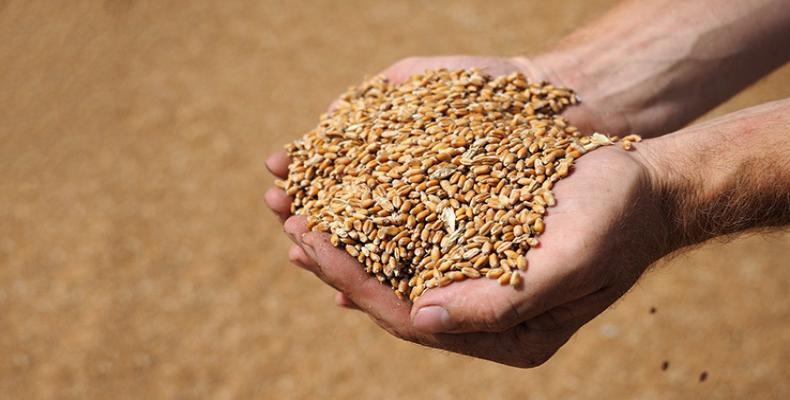London, May 14 (RHC)-- The UK’s Agriculture and Horticulture Development Board, AHDB, an umbrella organization working on behalf of Britain's farmers and cereal growers, is looking into potential wheat deals with Cuba. A board export team visited the island recently and met with Alimport, Cuba’s main food importer, to gain a greater understanding of Cuba’s market and needs.
AHDB export marketing executive Dorit Cohen told the specialized publication Farmers Guardian that the visit had revealed many opportunities for trade between the UK and Cuba, rating the fact-finding mission “incredibly important.”
Cuba’s climatic conditions are not suitable to grow wheat, there is no domestic production and the country is the largest importer of wheat in the Caribbean, with annual purchases totaling 0.8 million tons.
The vast majority of Cuba’s wheat imports are for bread production and with the country’s booming tourist industry – reaching its peak at 4.7 million tourists in 2017 – bread consumption is expected to rise further.
Beer production is also increasing as a result of the rise in tourism and small quantities of malting barley are being imported for its production.
Operating in a post-Brexit environment, companies like AHDB need to be aware of any potential trade opportunities that open up with non-EU countries, Dorit Cohen, export marketing executive of the UK’s Agriculture and Horticulture Development Board said regarding Cuba.
UK's Agriculture and Horticulture Development Board looking to possible wheat exports to Cuba

Related Articles
Commentaries
MAKE A COMMENT
All fields required
Now Playing
Cartas a la Redacción
Next Program
- Cancionero Iberoamericano
- Mundo 7
- El Caribe que nos une
More Views
- Clear and unmistaken ethnic cleansing: Trump calls for moving Palestinians to Egypt and Jordan to clean out Gaza
- Cuba rejects U.S. decision to imprison migrants at Guantanamo Naval Base
- Leñadores lose again in Baseball Series of the Americas
- Cuba prepares for the effects of climate change
- Gustavo Petro orders more than 15,000 Americans residing in Colombia illegally to report to immigration service

